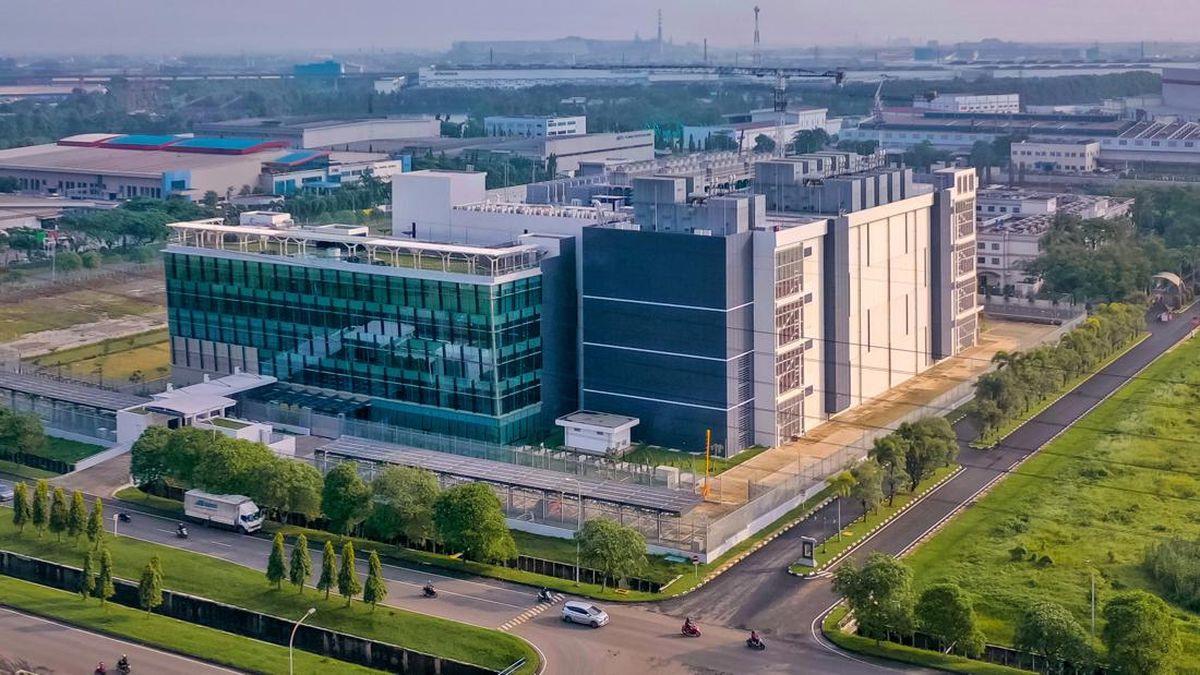The Indonesia data center industry holds immense potential given the country’s growing digital economy. However, despite rapid domestic internet and technology adoption, Indonesia significantly lags behind Malaysia in developing a competitive data center ecosystem. This gap has become increasingly noticeable as Malaysia positions itself as a regional data hub. Understanding the reasons behind this disparity is crucial for Indonesia to strategize and bridge the gap.
Infrastructure Readiness Remains a Major Hurdle
One of the key challenges hindering the Indonesia data center industry is infrastructure readiness. While Indonesia has made considerable progress in improving internet penetration and mobile connectivity, its core physical infrastructure supporting data centers still faces many limitations.
Reliable electricity supply, robust fiber optic networks, and sufficient water resources are critical for large-scale data centers to operate efficiently. Malaysia, particularly in hubs like Johor and Cyberjaya, offers far more stable infrastructure. Their planned industrial parks, energy pricing policies, and government-backed incentives have attracted major global players such as Microsoft, Amazon Web Services, and Google Cloud.
Indonesia, on the other hand, grapples with electricity supply issues in several regions. Although Jakarta and its surroundings have seen improvements, other areas still suffer from inconsistent power reliability, deterring investors who seek scalability beyond just the capital.
Additionally, energy costs in Indonesia tend to be higher compared to Malaysia, putting operators at a financial disadvantage. Until Indonesia addresses these foundational challenges, the Indonesia data center industry may continue to lose out to its neighbor.
Complex Regulatory Environment Deters Investment
Another factor causing the Indonesia data center industry to trail behind is regulatory complexity. While Malaysia offers relatively straightforward procedures for setting up data center operations, Indonesia's regulatory environment remains perceived as complicated and often unpredictable.
Foreign investment rules, land acquisition hurdles, and local data sovereignty requirements present significant challenges. Although Indonesia’s government has launched initiatives like the Omnibus Law to ease investment, bureaucratic bottlenecks still create uncertainty.
In Malaysia, clear and transparent policies have significantly lowered the entry barrier for global tech giants. Furthermore, Malaysia’s government actively promotes data center development through tax incentives and specific industrial zoning.
Indonesia’s commitment to digital sovereignty, while important for national security, sometimes creates confusion among investors about how much data must reside locally and under what conditions. If policymakers can streamline regulations while maintaining strategic interests, the Indonesia data center industry could become more appealing for international players.
Talent Shortage and Limited Green Energy Options
The availability of skilled talent and sustainability initiatives also play a crucial role in the success of a data center ecosystem. Currently, the Indonesia data center industry struggles with a shortage of specialized talents such as data center engineers, cybersecurity experts, and energy management professionals.
Malaysia has invested heavily in technical education and training programs tailored to the digital infrastructure sector. As a result, companies expanding in Malaysia find it easier to hire local talent rather than rely extensively on expatriates.
Another emerging differentiator is access to green energy. Sustainability is now a top priority for global tech companies when choosing data center locations. Malaysia has launched multiple renewable energy programs to support its data center industry. By contrast, Indonesia’s renewable energy options are relatively limited, and its carbon footprint remains a concern for companies with aggressive net-zero commitments.
Without significant efforts to address the talent pipeline and sustainable energy offerings, the Indonesia data center industry risks becoming less competitive in the increasingly eco-conscious global digital economy.
Opportunities for Indonesia Moving Forward
Despite these challenges, Indonesia is not without hope. The country’s massive population, burgeoning digital economy, and strategic location in Southeast Asia provide a strong foundation for future growth in the data center sector.
Government initiatives like the "100 Smart Cities" movement and the construction of new industrial parks dedicated to data centers are steps in the right direction. Furthermore, partnerships with regional and global players could accelerate the transfer of technology, knowledge, and best practices into the local industry.
Strategic investment in green energy infrastructure, talent development, and streamlined regulations could turn the tide. If successfully implemented, these reforms could unlock Indonesia’s full potential and position the Indonesia data center industry as a future leader in the region.
Conclusion
The Indonesia data center industry stands at a critical crossroads. While the current gap with Malaysia highlights pressing challenges in infrastructure, regulation, and sustainability, there are clear opportunities for Indonesia to catch up.
By learning from Malaysia’s proactive policies and committing to substantial reforms, Indonesia can transform itself into a preferred destination for data center investments. Achieving this will require coordinated efforts from the government, private sector, and educational institutions.
If successful, the future could see the Indonesia data center industry not just competing with Malaysia, but possibly leading Southeast Asia’s digital revolution.
Read More






 Monday, 23-02-26
Monday, 23-02-26







